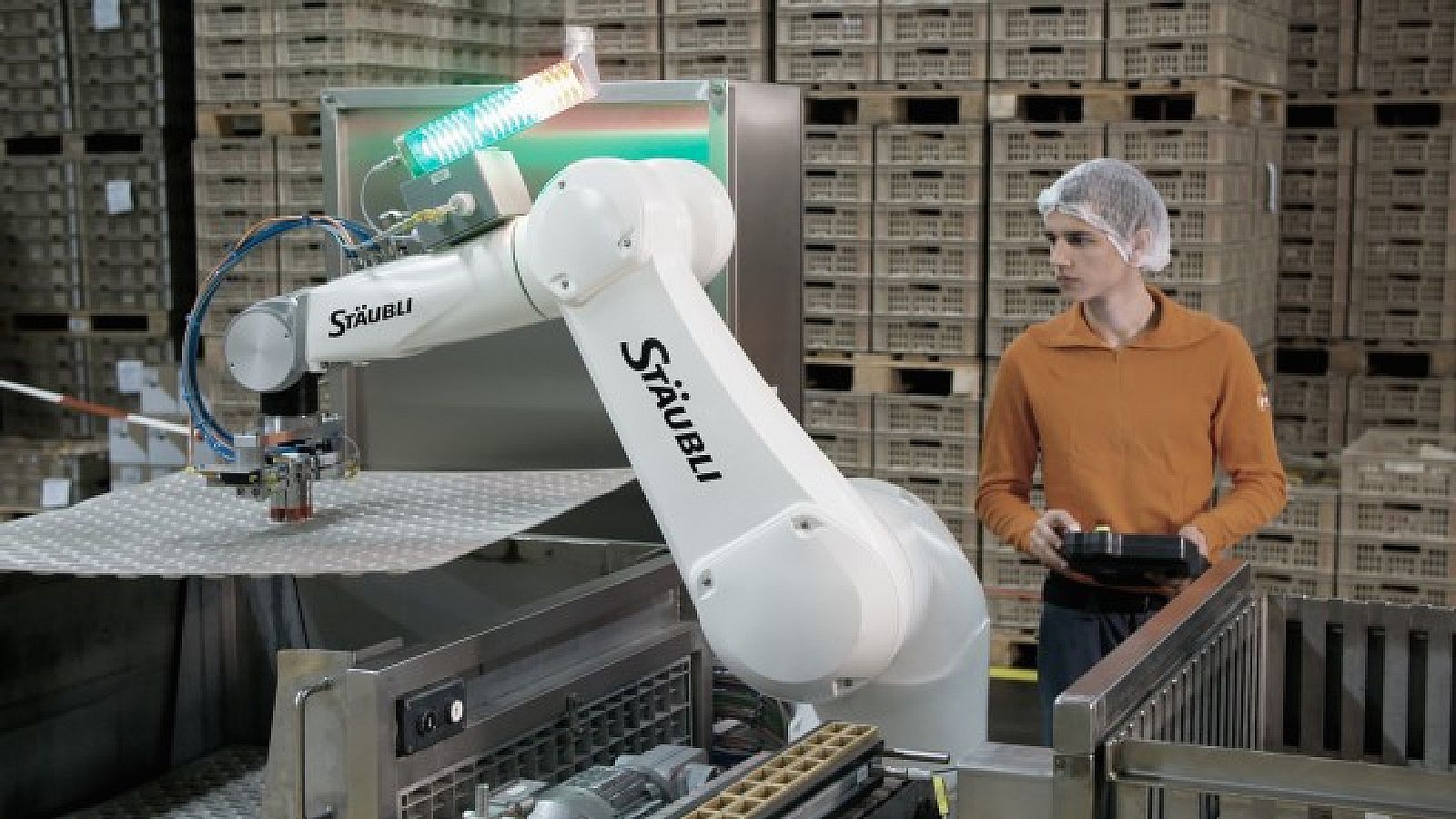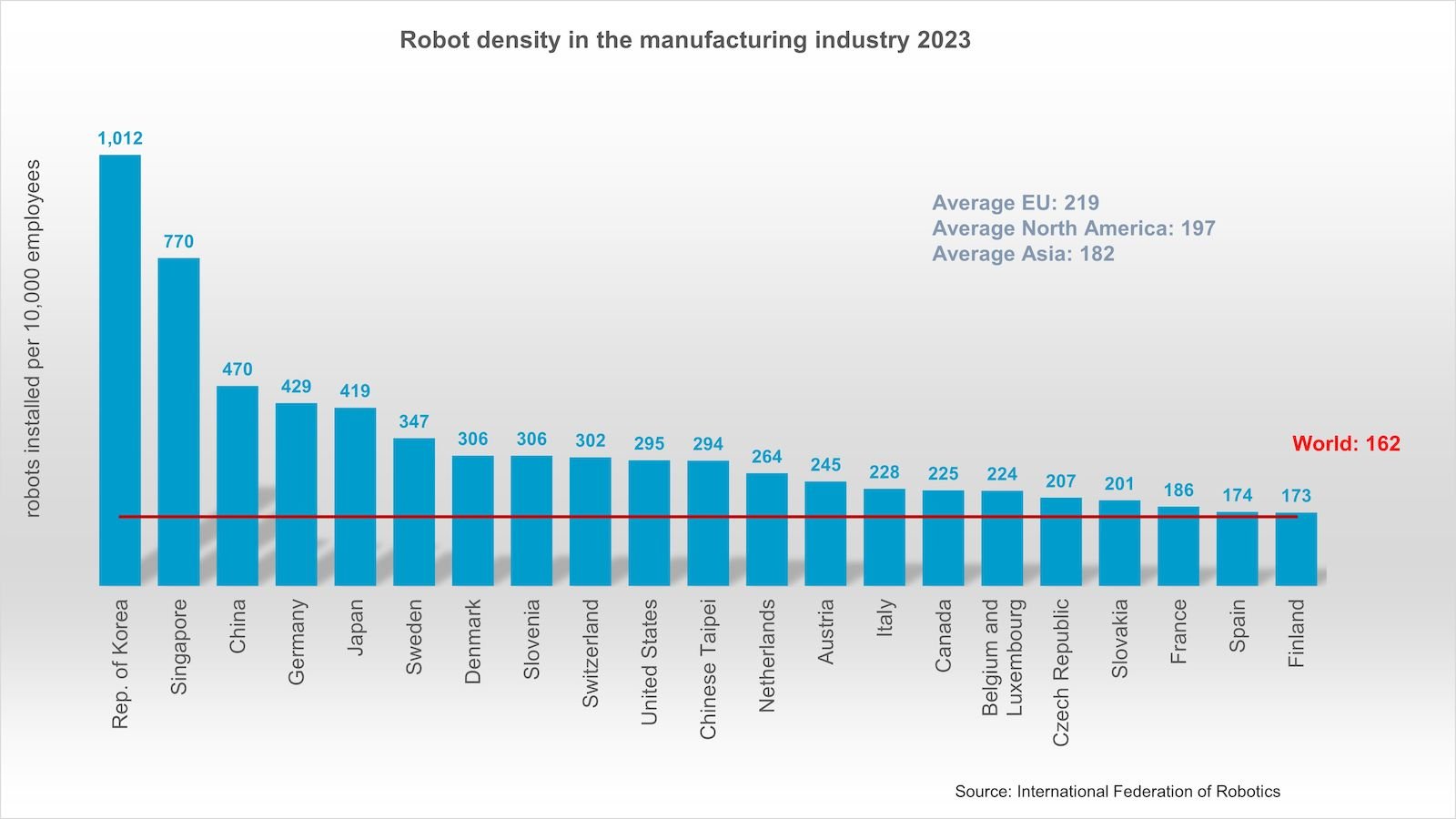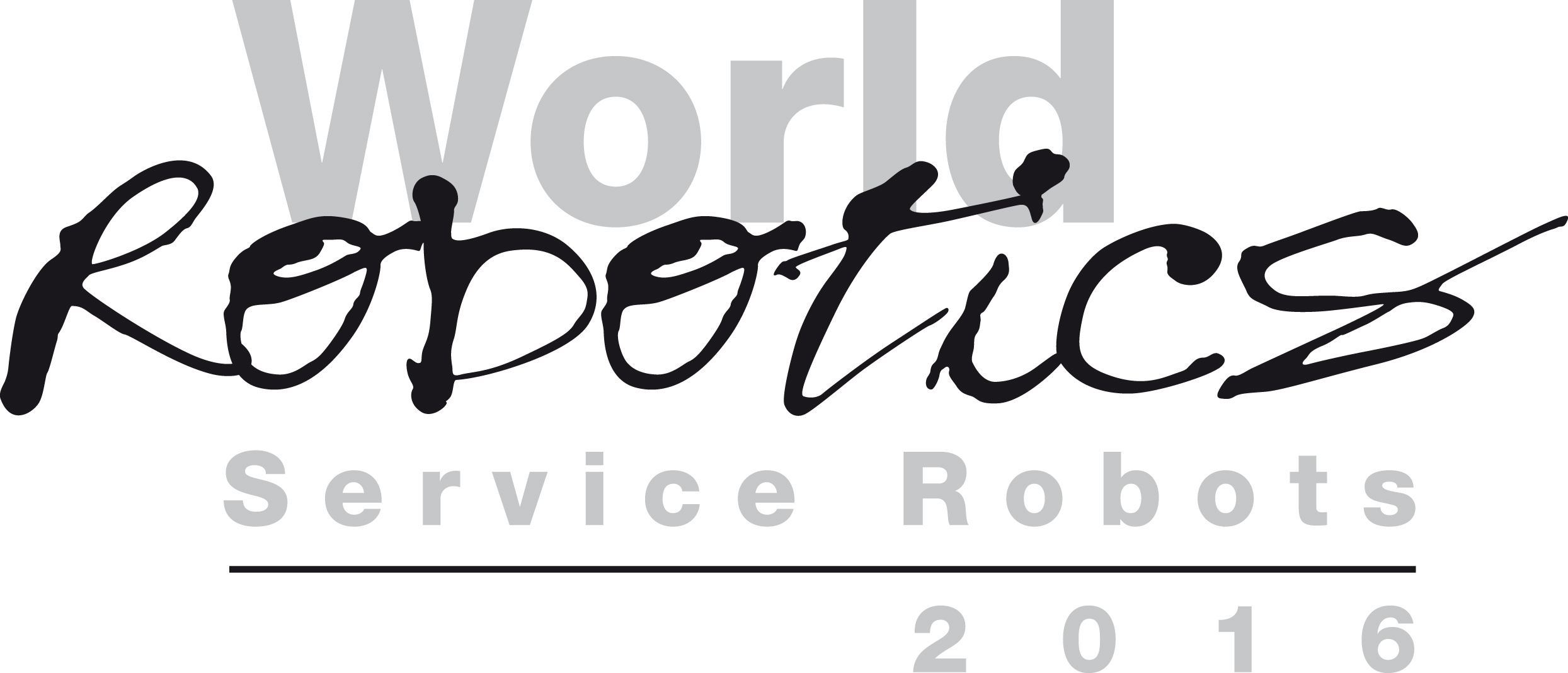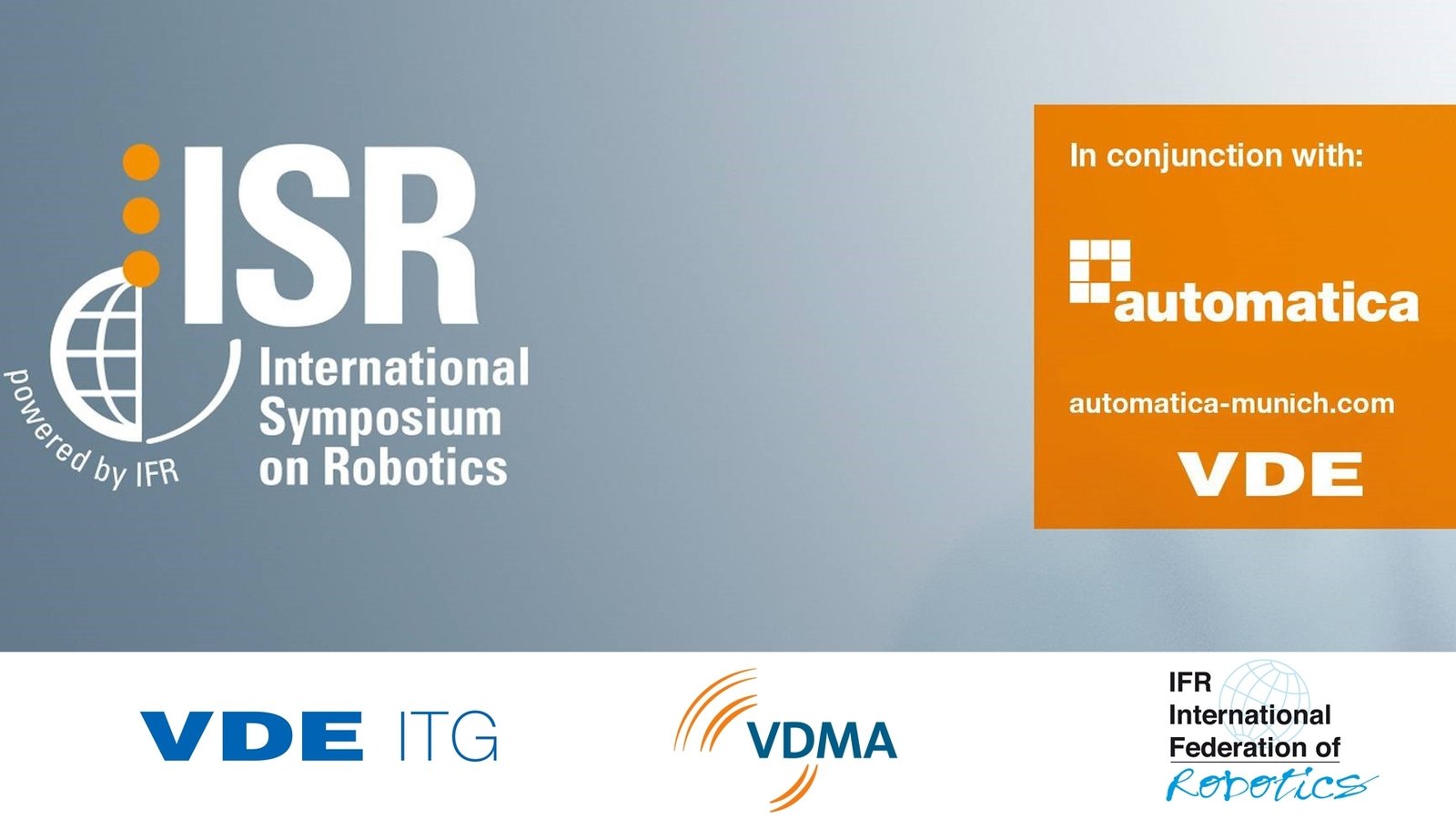
Bill Gates' latest idea to tax robots aims to solve a problem that does not exist: empirical analysis of economic data and forecasts shows that automation and the use of robots create new jobs by increasing productivity.
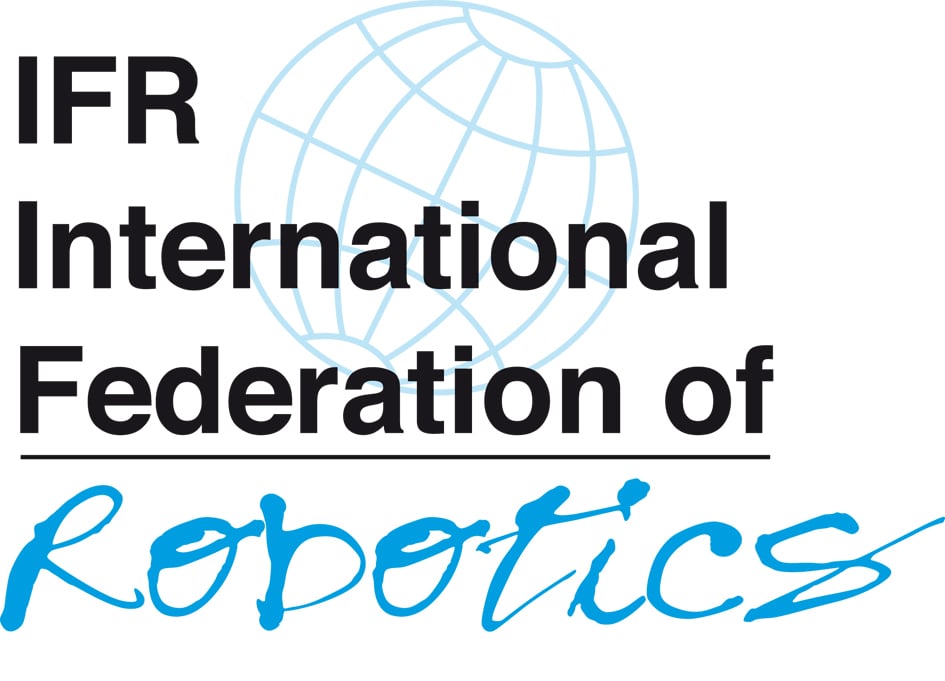
This is in line with the historical experience of technological revolutions, last seen when computers and software automated the business world. To tax production tools instead of their profits would have a negative impact on competitiveness and employment. This is presumably why the European Parliament rejected the idea to impose a robot tax and the International Federation of Robotics strongly agrees with that decision.
According to the McKinsey Global Institute, more than 90 percent of jobs will not be fully automatable in the future. Instead, robots and humans will work together. The positive impact that the increased productivity of robots has on employment can already be seen in the most advanced industrial nations. The US automotive industry, for instance, installed more than 60,000 industrial robots between 2010 and 2015. During this same period, the number of employees in the US automotive sector increased by 230,000. The same trends can be seen in the most advanced economies in Europe and Asia. Moreover, recent research by the OECD on the future of productivity shows: companies that employ technological innovation effectively are up to 10 times more productive than those that do not. This has a positive impact on competitiveness.
Profits, not the means of making them, should be taxed
A robot tax would make these much-needed investments in technology more expensive for companies. “Profits, not the means of making them, should be taxed,” says Joe Gemma, President of the International Federation of Robotics. Research shows that automation actually results in a positive tax balance for social systems. Repetitive or dangerous tasks are replaced by industrial robots, leading to the creation of new, safer, higher-skilled and higher-income jobs that increase pension contributions.
Avoid bureaucracy and use international standards
The IFR strongly supports the idea of greater cooperation in robotics between the public and private sectors. They must adapt education and training systems for example, so that current and future workers can reap the benefits of robotics. Yet, it is important to avoid bureaucracy which does not deliver value.
The IFR believes that a European agency for robotics and artificial intelligence would create such bureaucratic overhead. The civil law issues related to robotics are already addressed by existing legislation. Product liability and safety are covered by global standards and EU directives such as the European machinery directive. At present, there is no need for further development or the establishment of a separate category for robotics. The current process at European level needs to take into account what has already been standardised: the world’s largest International Organization for Standardization ISO, has established a special Technical Committee for robotics - the ISO/TC 299. Technical experts from American, Asian and European countries have developed international robot safety standards under European harmonisation. All countries concerned are involved in these activities. The sector has a major interest in developing standards at the global level rather than looking only at European or national activities. “The IFR is convinced that regulations on robotics must be developed in close collaboration amongst representatives of the public sector, robotics manufacturers, robot users and developers, as well as researchers,” says Joe Gemma.
Press contact
EconNEWSnetwork
Carsten Heer
Tel. +49 (0) 40 822 44 284
E-Mail: [email protected]
